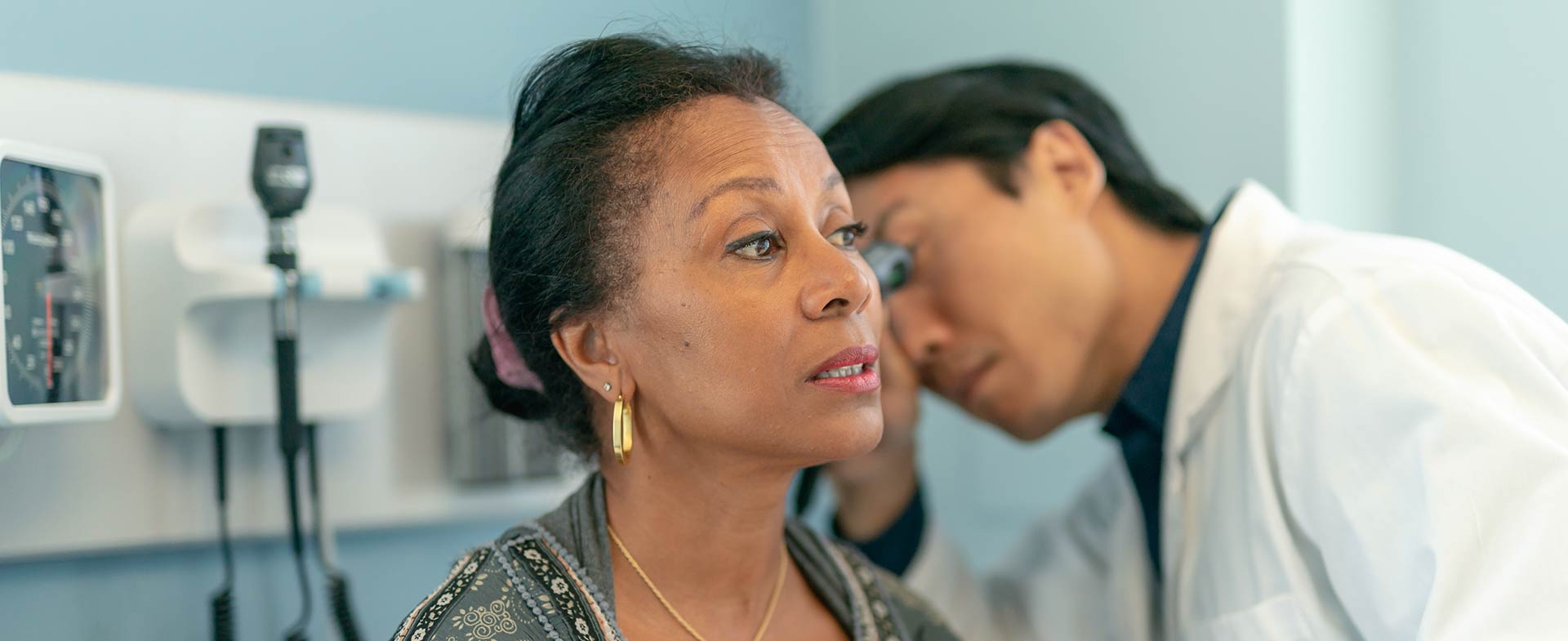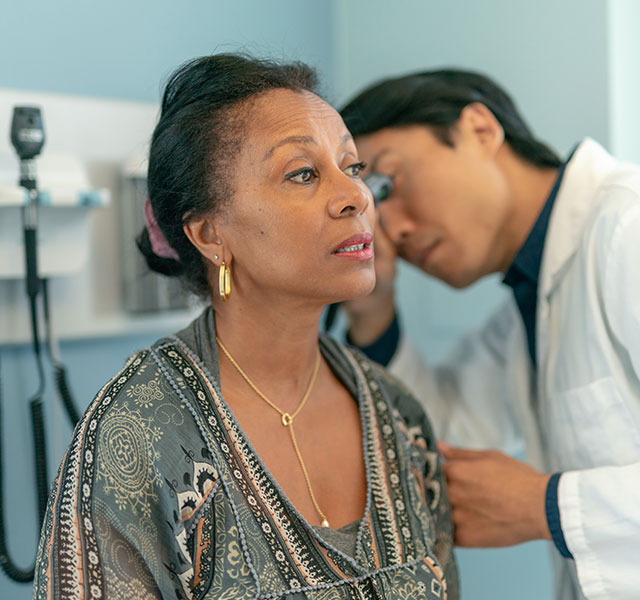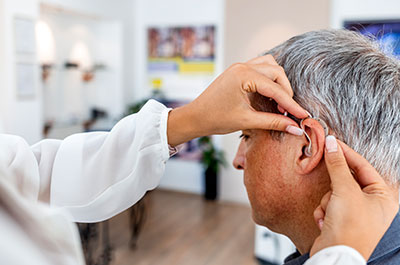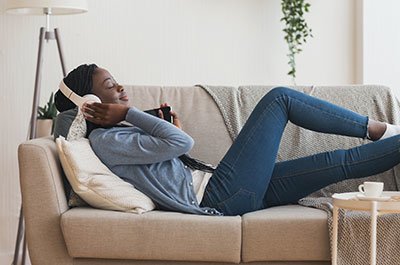Hearing loss is common—and gets more so with age. By age 75 over 35% of all adults have lost enough hearing that they will likely benefit from a hearing aid. And yet, the majority of them postpone the decision until they can no longer effectively engage with others.
“The average delay from the time of noticing a problem until someone acts on it is typically four to seven years,” says Brad Stach, Ph.D., an audiologist at Henry Ford Health. “But there are many good reasons not to delay care.”
Hearing Problems To Look Out For
Age-related hearing problems tend to come on very slowly. It can take years to even notice and then several more years before you decide it’s bad enough to take action.
Some of the first signs of hearing loss you might notice are subtle and can include:
- Having difficulty hearing when in noisy places such as parties or busy restaurants
- Not hearing higher-pitched noises as well as you used to
- Thinking that people around you are mumbling and not speaking loudly and clearly
Even when you start noticing these things, you may figure out easy ways to work around them—that don’t involve getting hearing aids. “You can accommodate to those slow changes well for a while,” says Dr. Stach. “You can turn up the volume on the TV or choose quieter restaurants to eat at with friends.”
The problem is that hearing loss is progressive. Once you start noticing it, it’s only going to get worse over time. And eventually, whatever you’re doing to work around it isn’t going to work anymore.
“Even if you don’t yet need hearing aids, it’s a good idea to establish care early on,” says Dr. Stach. “Getting an examination and a baseline hearing test is an important first step.”
The Connection Between Hearing Loss And Social Isolation
One of the most important reasons not to delay getting hearing care is that hearing loss inevitably leads to social isolation. “There is an epidemic of social isolation in our country and it can lead to important health consequences,” says Dr. Stach.
According to a recent report by the U.S. Surgeon General, a lack of social connection increases your risk of premature death as much as smoking 15 cigarettes a day. It’s also significantly related to the risk of heart disease, stroke, depression, anxiety and dementia.
“We see this connection between isolation and hearing loss every day,” says Dr. Stach. We ask patients what they’ve stopped doing because of hearing loss—and they are usually things that build connection. “People say they’ve stopped going to church, family outings or dinner with friends,” says Dr. Stach.
 Audiology At Henry Ford
Audiology At Henry FordAt What Point Do You Need Hearing Aids?
You should probably get hearing aids sooner than you think. And it’s also likely that you’ll ultimately decide to take the plunge based on encouragement from friends and family. “In many cases, it’s a person’s friend or partner who urges them to seek help,” says Dr. Stach.
Since hearing loss is often so gradual, it may be difficult to know when it’s time to get hearing care. Paying attention to those subtle changes is important. Recognize signs such as:
- Consistently turning up the volume higher than others in your household
- Having difficulty following a conversation when several people are speaking
- Routinely asking people to repeat themselves
- Withdrawing from social events
For many people who are coping with hearing loss, fear or embarrassment holds them back from getting a hearing aid. But today’s hearing aids bear little resemblance to the clunky plastic thing you remember your grandfather wearing. “The technology has progressed rapidly,” says Dr. Stach. “Today’s hearing aids are small and inconspicuous, with really sophisticated methods for improving hearing.”
Make an appointment with an audiologist to have your hearing checked and see if hearing aids might be appropriate. “The number one comment we hear from people after we fit them with hearing aids,” says Dr. Stach, “is ‘Wow, I wish I had done this sooner!’”
Reviewed by Dr. Brad Stach, director of the Division of Audiology at Henry Ford Health. He sees patients at Henry Ford Hospital and Henry Ford Medical Center - Fairlane.



